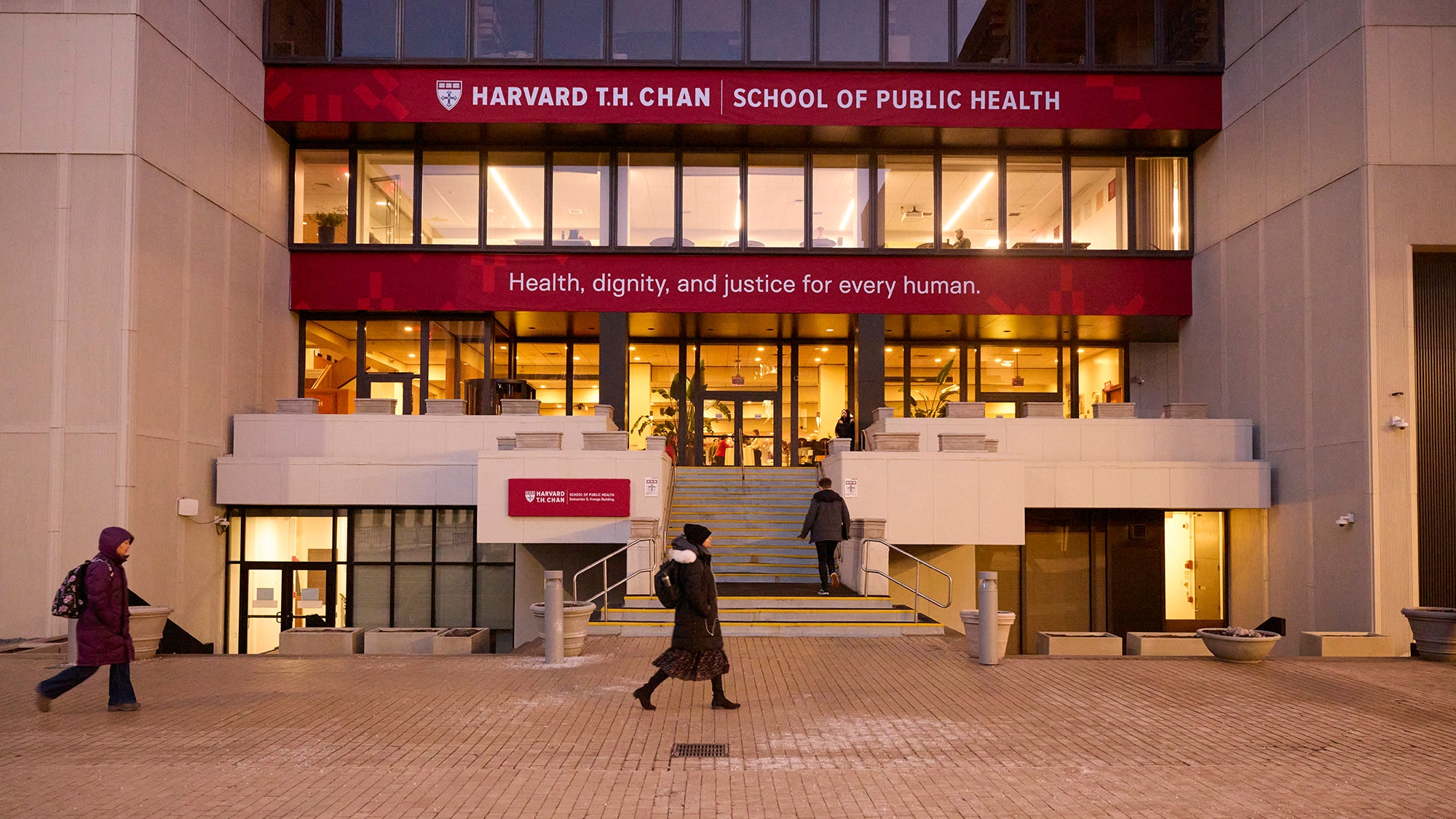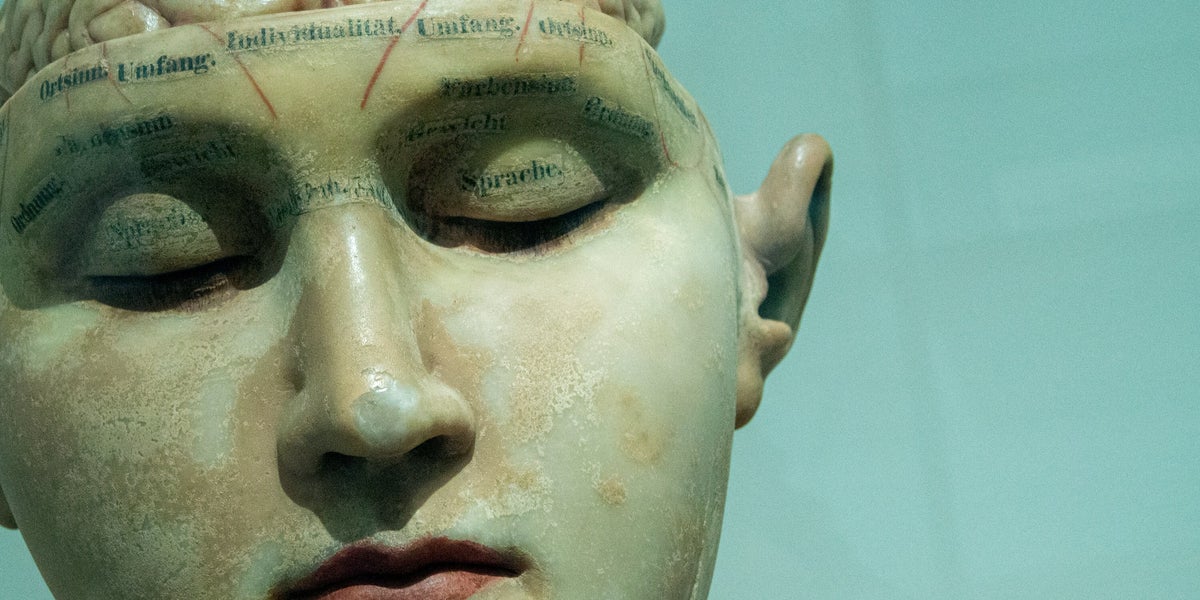Anesthesia Mysteries: Why Women Might Experience Pain Differently in the Operating Room
Science
2025-04-27 12:00:00Content

The intriguing world of medical research has uncovered some fascinating differences between how men and women experience anesthesia. Emerging studies hint at a compelling phenomenon: women may have a unique ability when it comes to awareness during surgical procedures. While not all research conclusively proves this, some compelling evidence suggests that women are more likely to recall events that occur while under anesthesia compared to their male counterparts.
Moreover, these studies indicate that women might have an additional advantage - they appear to wake up from anesthesia more quickly than men. This subtle yet significant difference could have important implications for medical professionals and patients alike, offering insights into how gender might influence our body's response to medical sedation.
Though more research is needed to fully understand these differences, the current findings open up exciting avenues for further investigation into the complex interactions between gender and anesthetic experiences.
Unveiling the Mysterious Gender Differences in Anesthesia Experiences
In the intricate world of medical science, the nuanced experiences of patients under anesthesia have long fascinated researchers and healthcare professionals. The complex interplay between gender, physiological responses, and consciousness during surgical procedures presents a compelling narrative of human biological diversity.Decoding the Unique Anesthetic Journey: When Gender Influences Medical Perception
The Neurological Landscape of Anesthetic Awareness
Medical researchers have embarked on an extraordinary exploration of how gender might fundamentally alter the experience of anesthesia. Emerging scientific investigations suggest that women and men may process anesthetic agents and surgical experiences through distinctly different neurological pathways. Neurobiological studies indicate that hormonal variations, brain structure differences, and metabolic rates could significantly influence how individuals perceive and respond during medical procedures. The intricate mechanisms underlying these gender-specific responses remain a fascinating frontier of medical research. Neuroscientists hypothesize that estrogen and testosterone might play crucial roles in modulating neural sensitivity, potentially explaining why some patients report markedly different experiences under anesthetic conditions.Consciousness and Recall: A Gender-Specific Phenomenon
Groundbreaking research has begun to unravel the mysterious realm of anesthetic consciousness, revealing potential gender-based disparities in memory formation and recall. Some scientific investigations suggest that women might possess a higher propensity for remembering events experienced during surgical procedures compared to their male counterparts. This intriguing phenomenon challenges traditional medical understanding and opens new avenues for exploring individual variations in anesthetic responses. Researchers are particularly interested in understanding the neurological and physiological mechanisms that might contribute to these differential experiences.Metabolic Variations and Anesthetic Recovery
Emerging medical evidence points to fascinating metabolic differences that could explain why women might demonstrate faster recovery times from anesthetic procedures. Physiological factors such as body composition, hormonal profiles, and metabolic rates potentially contribute to these variations. Endocrinological studies suggest that women's metabolic processes might be more efficient in processing and eliminating anesthetic agents, potentially leading to quicker post-surgical recovery periods. These findings not only highlight gender-specific medical responses but also underscore the importance of personalized medical approaches.Psychological and Neurological Intersections
The complex relationship between psychological factors and anesthetic experiences represents a cutting-edge area of medical research. Psychological resilience, stress responses, and individual neurological configurations might significantly influence how patients experience and remember surgical procedures. Interdisciplinary research teams are increasingly recognizing that gender-based differences extend beyond mere physiological measurements, encompassing intricate psychological and neurological dimensions that challenge traditional medical paradigms.Future Research and Clinical Implications
As medical science continues to evolve, understanding these gender-specific anesthetic experiences becomes increasingly crucial. Researchers are developing sophisticated methodologies to explore these nuanced differences, potentially revolutionizing personalized medical interventions. The ongoing scientific investigation promises to unlock deeper insights into human physiological diversity, offering healthcare professionals more comprehensive strategies for patient care and surgical management.RELATED NEWS
Science

Surfing Gratitude: Medical Students Pay Tribute to Anatomy Donors in Emotional Paddle Out Ceremony
2025-04-28 15:56:42
Science

Crypto Chaos: How a Meme Coin Derailed Science Education in Philadelphia
2025-04-27 09:00:01






